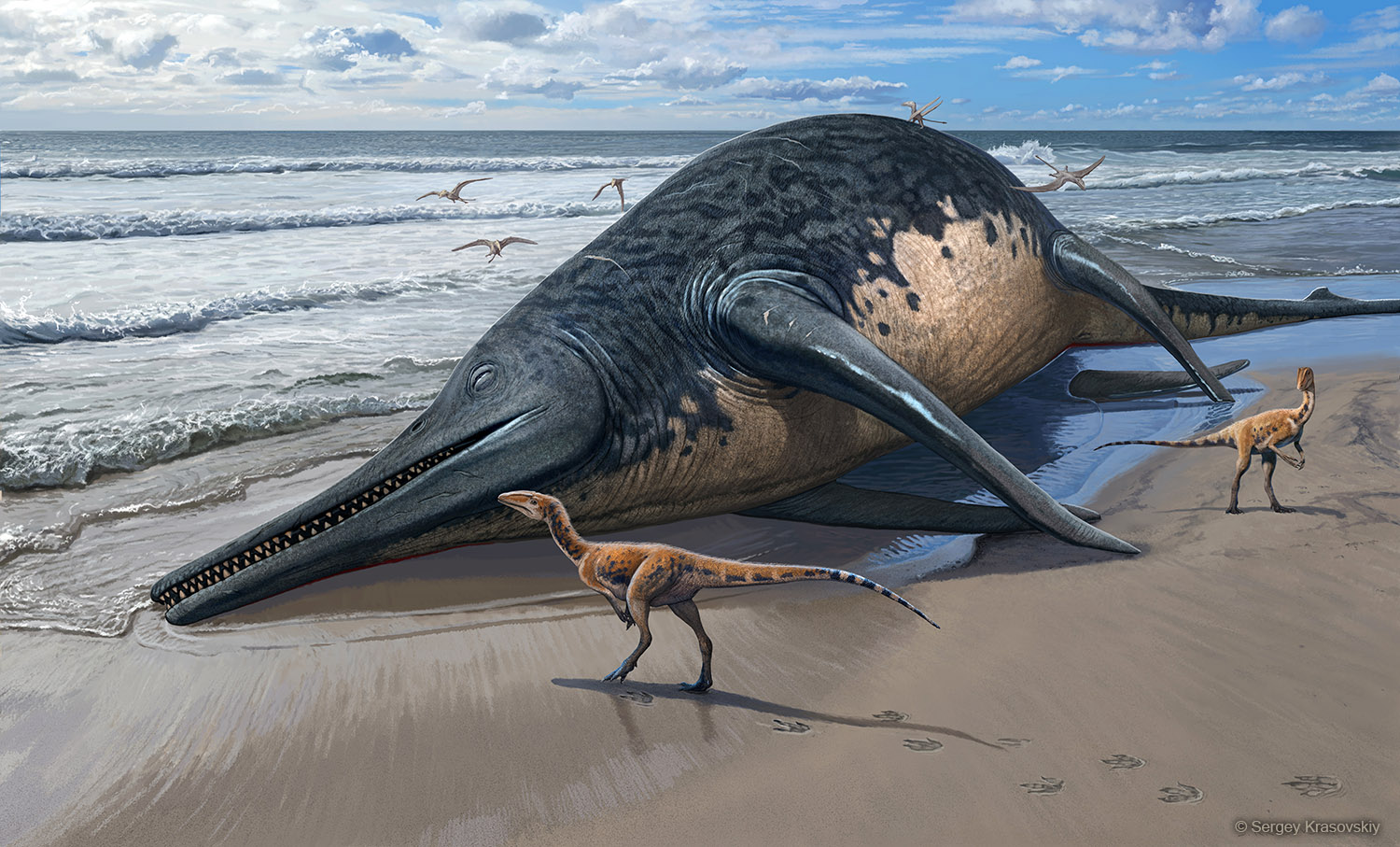-
'Google map' of ovarian tumours reveals cancer cells control who gets into their neighbourhood
Nature Communications
Researchers in Perth, Western Australia, say they've found that some ovarian cancer cells appear to tell the immune system to stay away. A cross-town collaboration involving researchers from the Harry Perkins Institute of Medical Research, St John Read more about 'Google map' of ovarian tumours reveals cancer cells control who gets into their neighbourhood
Australia; International; WAHarry Perkins Institute of Medical Research|The University of Western Australia... -
Climate change impacts terrorist activity
Journal of Applied Security Research
Changing weather patterns induced by climate change are contributing to shifts in the location of terrorist activity, according to new research. Changing weather patterns induced by climate change are contributing to shifts in the location of Read more about Climate change impacts terrorist activity
Australia; International; SAThe University of Adelaide -
Unravelling a mechanism of malaria invasion
Cell Reports
Researchers from Swiss Tropical and Public Health Institute (Swiss TPH) and Griffith University’s Institute for Glycomics uncovered how malaria parasites invade human red blood cells. Published in Cell Reports, the study emphasizes sialic acid's Read more about Unravelling a mechanism of malaria invasion
Australia; International; VIC; QLDGriffith University|WEHI|Swiss Tropical and Public Health Institute -
NASA’s James Webb Space Telescope probes an extreme starburst galaxy
ArXiv
An international team of astronomers has used NASA’s James Webb Space Telescope to produce the highest-resolution image of spectacular exploding stars ever seen. An international team of astronomers has used NASA’s James Webb Space Telescope Read more about NASA’s James Webb Space Telescope probes an extreme starburst galaxy
Australia; International; VICSwinburne University of Technology -
Socio-economic status dictates family dining equity
Appetite
Eating together as a family is commonly thought of as being healthy for family members and is a ritual many try to live up to. However, research into understanding family meals more thoroughly shows that different aspects of mealtimes – eating and Read more about Socio-economic status dictates family dining equity
Australia; International; SAFlinders University -
Uncovering the consequences of Molnupiravir use to treat COVID-19
The Lancet
A collaboration between the University of Tasmania and Royal Hobart Hospital Pathology has revealed the consequences of using Molnupiravir to treatCOVID-19. In the study, researchers monitored the COVID-19 genetic sequences of patients with Read more about Uncovering the consequences of Molnupiravir use to treat COVID-19
Australia; TASUniversity of Tasmania|Royal Hobart Hospital -
An Ozempic-like drug used for diabetes could also help early stage Parkinsons
New England Journal of Medicine
A drug used for diabetes, which works in a similar way to Ozempic, has shown some promise in a clinical trial for early-stage Parkinson's disease. The drug, lixisenatide, is a glucagon-like peptide-1 receptor agonist and compared to placebo it Read more about An Ozempic-like drug used for diabetes could also help early stage Parkinsons
InternationalFrench Clinical Research Network (F-CRIN) for Parkinson’s Disease and Movement Disorders, University of Toulouse 3 -
Good evidence confuses ChatGPT when used for health information
Empirical Methods in Natural Language Processing (EMNLP)
New research has found that when asked a health-related question, the more evidence given to ChatGPT the less reliable it becomes -- reducing the accuracy of its responses to as low as 28%. A world-first study has found that when asked a Read more about Good evidence confuses ChatGPT when used for health information
Australia; VICCSIRO|The University of Queensland -
ENFJ? ISTP? What your personality could say about your running type
PLOS ONE
Your running style could be linked with your Myers-Briggs Type Indicator (MBTI) personality, according to international researchers. The team asked 80 runners to complete three randomised 50m running trials at different speeds while looking at how Read more about ENFJ? ISTP? What your personality could say about your running type
InternationalVolodalen SportsLab, France -
Inhibiting MERTK gene for the treatment of fibrosis in multiple organs
Science Translational Medicine
New research conducted at The Westmead Institute for Medical Research (WIMR), and published in Science Translational Medicine, shows, for the first time, that inhibiting a gene called Mer tyrosine kinase (MERTK) can reduce fibrosis in multiple organs Read more about Inhibiting MERTK gene for the treatment of fibrosis in multiple organs
Australia; NSWThe Westmead Institute for Medical Research|The University of Sydney...










































